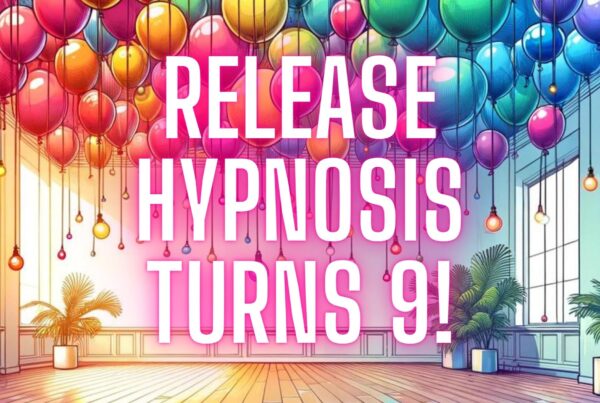Dispelling Hypnosis Myths: A Closer Look
Understanding Hypnosis Beyond the Myths
In the fascinating world of psychology, hypnosis often finds itself shrouded in mystery. Popular culture frequently paints hypnosis as a mystical state where individuals lose control, succumbing to the hypnotist’s commands. However, this portrayal is far from the truth. In reality, hypnosis is a potent tool, capable of modulating awareness, perception, and cognition, effectively dispelling hypnosis myths.
The Truth About Control in Hypnosis
One of the most common misconceptions about hypnosis is that individuals under hypnosis lose control over their actions. This myth has been perpetuated by countless movies and TV shows, leading many to believe that hypnosis is something that is done to you, and that it can be used to control someone.
However, the truth is quite different. During hypnosis, individuals retain control over their actions. They can resist and even oppose hypnotic suggestions. Their experience of control during hypnosis depends on their intentions and expectations. In other words, if they believe they will retain voluntary control, they will.
Hypnosis: Not a “Special State”
Another popular myth is that hypnosis is a “special state” where defense mechanisms are reduced, and a unique state of physical relaxation and conscious unconsciousness allows us to enter our subconscious depths. This, too, is a misconception.
Hypnosis is not a special state. People can respond to hypnotic suggestions even while they are alert and on an exercise bicycle. It’s more accurate to consider hypnosis as a set of procedures in which verbal suggestions are used to modulate awareness, perception, and cognition.
The Variability of Hypnotizability
The belief that people are either hypnotizable or not is another common misunderstanding. In reality, people’s responsiveness to hypnosis can be relatively stable over time, but it’s inaccurate to assume that people are either hypnotizable or not.
People vary greatly in their responsiveness and often respond to some suggestions but not others. Still, most people are sufficiently hypnotizable to reap substantial benefits from therapeutic suggestions.
The Reality of Hypnotic Effects
Suggested behaviors during hypnosis can seem so much a departure from the mundane that questions inevitably arise regarding whether hypnotic responses are genuine. However, neuroimaging studies reveal that the effects of hypnotic suggestions activate brain regions consistent with suggested events.
These findings provide convincing evidence that hypnotic effects are represented at the neurophysiological level consistent with what people report.
The Skills Required for Hypnosis
One popular misconception is that of the mesmerist, or magician-like hypnotist with special powers of influence who can “hypnotize” anyone. This widespread idea is pure myth; in actuality, administering a hypnotic induction and specific suggestions do not require any special skills or abilities beyond those required for basic social interactions and administration of experimental or clinical procedures, such as the ability to establish rapport.
The Limitations of Hypnotic Age Regression
TV shows and movies often feature people being able to recall extremely accurate memories from a distant past life under hypnosis. But research suggests a contrary view. When researchers check the accuracy of memories of people who are “age regressed” to an earlier time against factual information from the suggested period, they find that the information is almost invariably incorrect.
What people report is mostly consistent with information experimenters provide regarding their supposed past life experiences and identities. These findings imply that “recall” reflects participants’ expectancies, fantasies, and beliefs regarding personal characteristics and events during a given historical period.
Dispelling Hypnosis Myths
For many, hypnosis is a powerful tool that can be used to modulate awareness, perception, and cognition. However, it’s important to dispel the myths and misconceptions surrounding it to maximize its therapeutic benefits. If you’ve decided you would like to explore hypnosis, book a FREE 30 minute consult with Lawrence at Release Hypnosis today.
Book Your FREE 30 Minute Consultation With Release Hypnosis NOW!
You may also like to read:
Can Hypnosis Enhance Your Counselling Experience?
Can’t Visualise in Hypnosis? Here’s What You Can Do Instead.
Understanding Hypnosis as a Process
What Is The Success Rate of Hypnosis?








